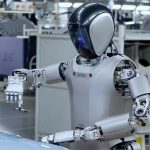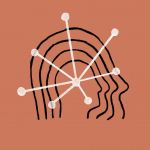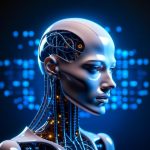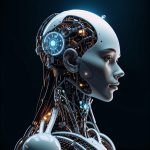The “smoothness” principle allowed TopoLM to imitate brain architecture
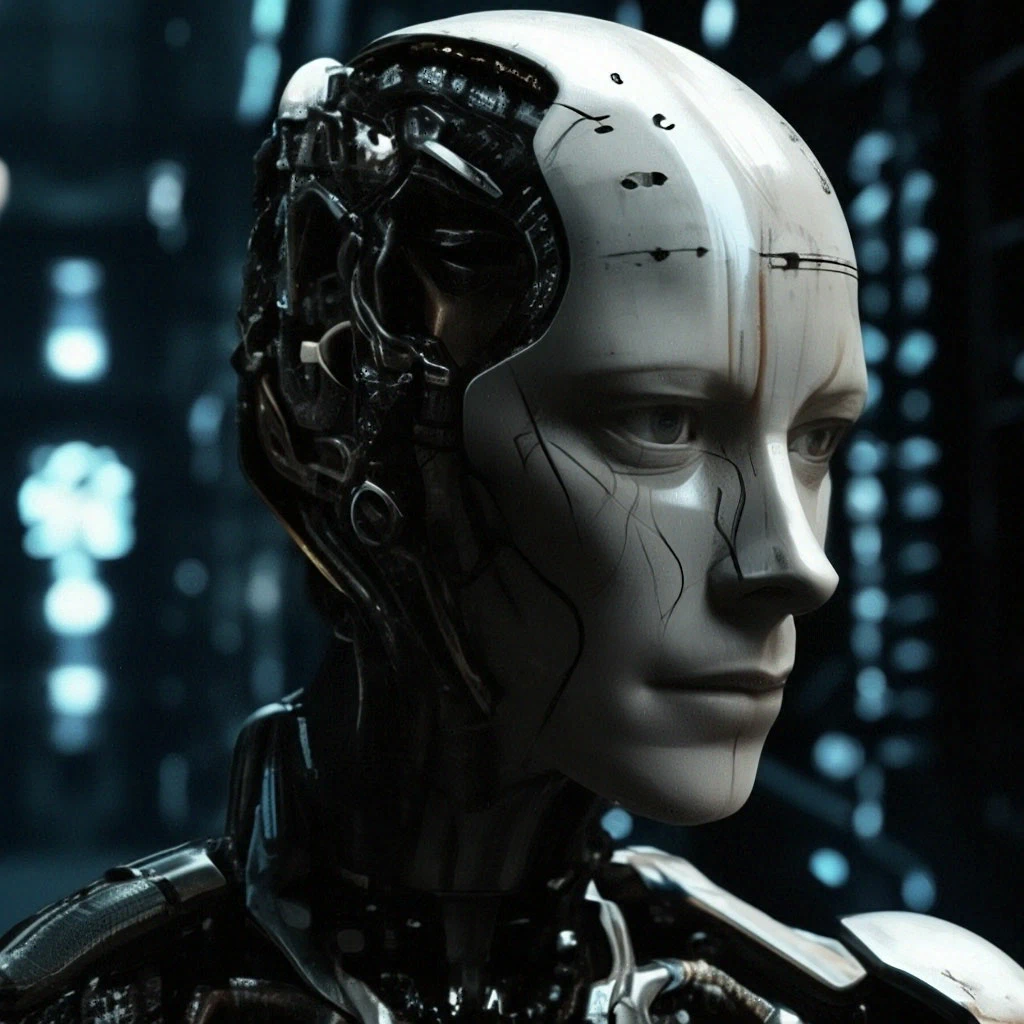
The NeuroAI Laboratory at the Federal Polytechnic School of Lausanne opens a new page in the development of artificial intelligence systems. Their development TopoLM doesn’t just process information. It organizes its neural structures according to principles similar to the human brain. This achievement could change our understanding of the relationship between biological and artificial intelligence.
Before TopoLM, language models could only partially copy the organization of the brain. Forming functional groups of neurons to process different types of information. But the brain is not just a set of specialized areas. Its efficiency is largely determined by how these areas are positioned relative to each other. It is this feature that was reproduced in the new model.
Researchers applied the principle of “smoothness” of internal representations in space, based on the study of the visual system of the brain. As a result, artificial neurons in TopoLM began to independently form groups. Which not only perform similar tasks, but are also arranged in space similar to neural clusters in the human cerebral cortex.
This discovery raises fundamental questions about the nature of intelligence. If the spatial organization of neurons plays a key role in brain function, perhaps this principle will help create artificial intelligence systems capable of a deeper understanding of language and context.
It seems that the development of TopoLM demonstrates that the efficiency of artificial intelligence is directly related to the imitation of not only functional. But also the spatial organization of the biological brain. And this could lead to the emergence of a new generation of artificial intelligence systems whose architecture will be even closer to the structure of the human brain.

